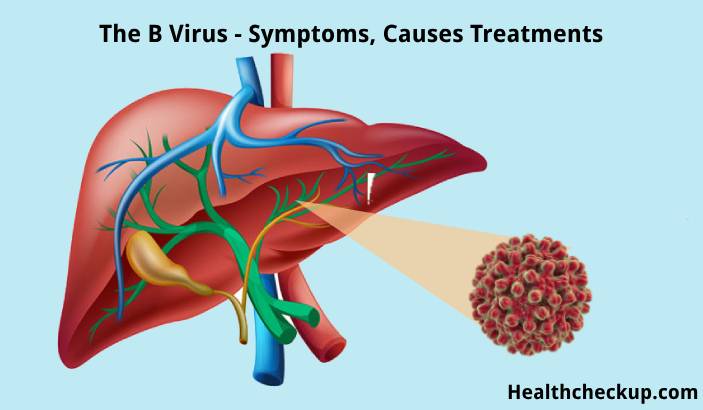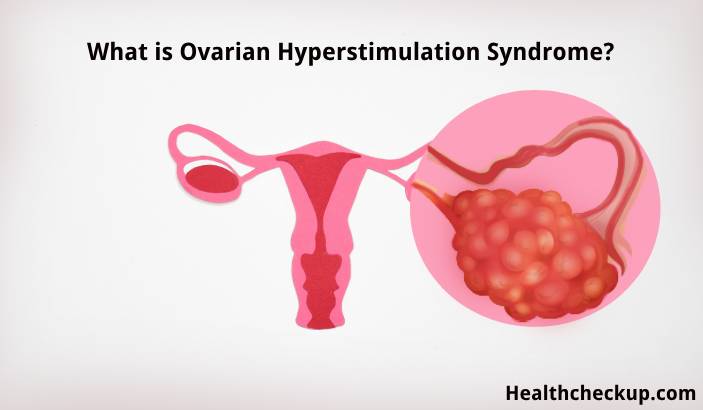While flu and a cold are viral infections that tend to be common in the general population, there are some virus-related diseases that are considered extremely rare. It is, however, also these rare viruses that are often deadly. The B virus is a good example, considered to be rare and life-threatening if not treated immediately. In this article, you’ll discover more details about the B virus, including the symptoms, causes, and treatment options.
What is B Virus?
The B virus is also called the monkey B virus. It’s known as herpes B and is transmitted to humans from a specific type of monkey, known as the macaque monkey. The scientific name for this virus is Cercopithecine herpesvirus 1.
When you’re exposed to the B virus, it can lead to fatal symptoms due to the effect that the infection has on your brain and nervous system.
The first report of the B virus was documented in 1933.
Causes of B Virus
The B virus is caused by the Cercopithecine herpesvirus 1, or herpesviridae. It’s a viral infection that’s transmitted from the macaque monkey to humans.
In most cases of transmission, a macaque monkey bit or scratched a human. The virus is then transmitted to humans, causing infection.
It’s important to note that you can get the B virus from a macaque monkey even if they do not bite or scratch you. If fluids from the monkey get into your mouth, nose, or eyes, then it’s possible to also get exposed to this virus.
The virus can also spread if a contaminated syringe is used or you scratch yourself on a cage in which one of these monkeys was held. This is why it’s important to be careful if you’re in an environment where macaque monkeys are known to be.
Symptoms of B Virus
It can take as long as a month for symptoms to start showing up after you’ve been exposed to the virus. However, there are cases where it takes a couple of days for the symptoms to develop.
Flu-like symptoms will first show up. You may notice a fever, muscle pain, and fatigue. The area where you were exposed to the monkey can develop blisters. This usually happens if a macaque monkey bites or scratches you.
You may also notice the following symptoms:
- Hiccups
- Pain in your abdomen
- Nausea
- Vomiting
- Breathing difficulties
The virus eventually causes inflammation that affects both your spinal cord and brain. At this point, severe brain damage can occur, as well as neurologic symptoms. Death can follow if the appropriate treatments are not provided.
Treatment and Precautions
The first step to treatment is first aid. If you’re bitten or scratched by a macaque monkey, then you should follow certain procedures. This also accounts for cases where you where the eyes, nose, or mouth of the monkey touched you.
Start by thoroughly washing the area where you were exposed to the monkey. It’s also advised that you scrub the area. This accounts for cases where you have a wound as well. You should then run clean water over the wound for about 20 minutes.
Even if you follow these steps, it’s important that you still get in touch with your doctor. They may give you antiviral drugs to help counteract the effects of the virus if they think you have a high risk for infection from the B virus.
There are precautions and preventive steps that you can take to reduce the risk of the B virus. This includes staying away from any macaque monkeys if there are any of them in the area. You shouldn’t attempt to feed them, either.
Conclusion
The B virus is rare but can cause serious brain damage. It’s also deadly if not treated promptly after exposure. Early symptoms can include fever, fatigue, muscle aches, and a headache. There has been only a single case of the B virus spreading from one human to another human.
Doctor, author and fitness enthusiast, Ahmed Zayed, MD, is a surgery resident with a passion for helping people live a happy healthy life. He is the author of numerous health-related books and contributor to several medicine, health and wellbeing websites.









